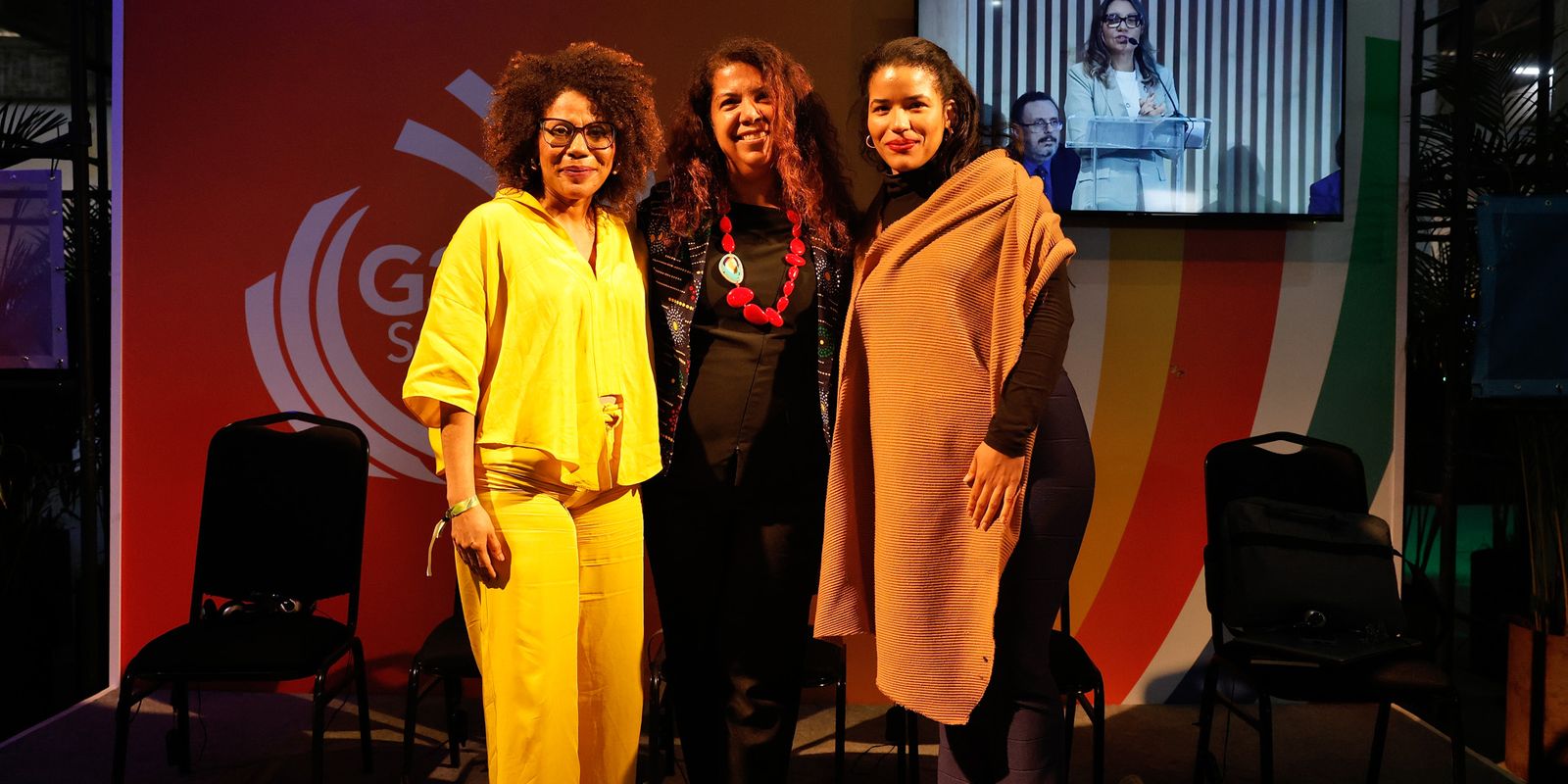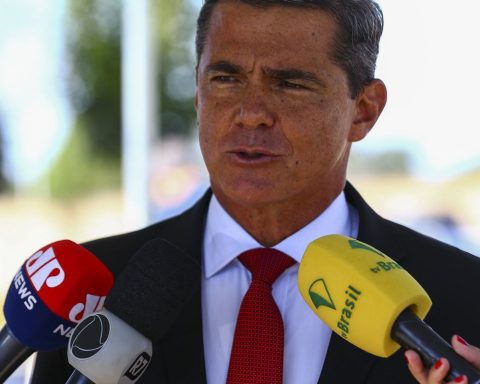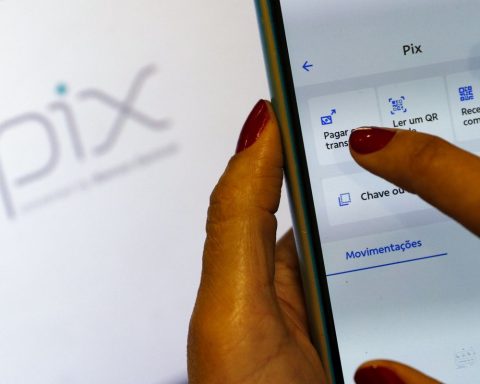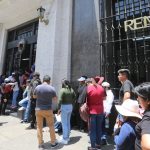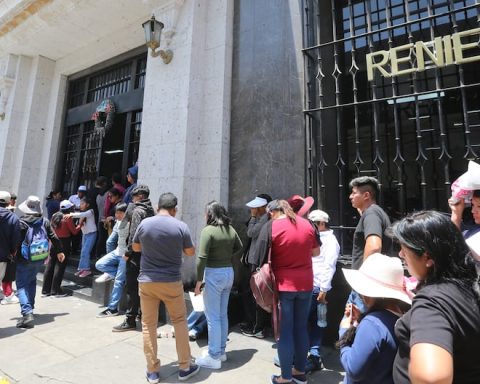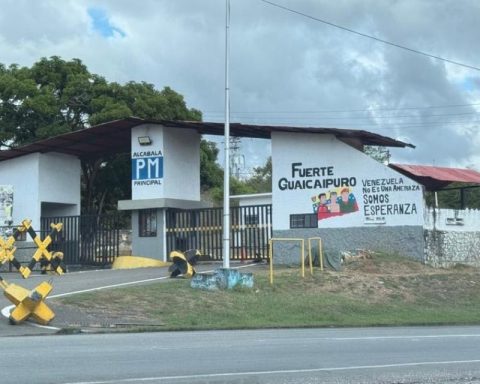Credit lines aimed at small and medium-sized entrepreneurs in the peripheries and the formation of a coalition of development banks for joint social and ethnic inclusion policies are some of the proposals that are part of the document Economic Empowerment of the Afro-descendant Population and the role of the National and Multilaterals for Development, launched this Thursday (14), in Rio de Janeiro, during the G20 Social.
The proposals, which seek to reduce racial and gender asymmetries in access to credit and other financial services, will be taken to development banks such as the National Development Bank (BNDES) and the Inter-American Development Bank, in addition to other private financial institutions.
“Despite the advances we have made in social indicators and access to public services, the racial discrimination of the black population by the white population has not changed. The black population continues to receive lower wages than the white population, continues to have less access to services, suffers violence and has less access to the job market”, says the president of the Institute of Applied Economic Research (Ipea), Luciana Servo.
Ipea is one of the institutions that participated in the preparation of the proposals, together with Geledés – Instituto da Mulher Negra, Ipea, G20 engagement groups, Civil 20 (C20), Think 20 (T20), Women 20 (W20) and the UN Women Brazil.
According to Servo, fairer access to financial services will contribute to reducing inequalities. “Resources can and should be directed to the black population and, when directed, they will change the development model in Brazil and other countries,” she said.
Recommendations
The document presents suggestions divided into three axes: recommendations for Financial Institutions and Development Banks; recommendations for Public Policy and Governments; and recommendations for Strengthening Civil Society and Intersectoral Partnerships.
They include, in addition to policies to reduce asymmetries, the collection and systematization of data, and the training of both financial agents and society itself so that they can access services, among others.
Among the recommendations to banks is Affirmative Credit for People of African Descent and Peripherals. The idea is to develop subsidized credit lines focused on small and medium-sized entrepreneurs in the outskirts, focusing on people of African descent and supporting local entrepreneurship.
Additionally, there is the adjustment of microcredit policies to regional contexts, offering concession alternatives, such as payment history essential to overcoming credit barriers and expanding financial access in vulnerable communities.
Governments should, for example, prioritize structural investments in municipalities with a dense population of Afro-descendants, facilitating these regions’ access to credits and sustainable development projects.
And for civil society is, among others, the recommendation to develop manuals that explain the functioning of multilateral banks, facilitating understanding and access for social movements and black organizations to resources available for empowerment projects.
Fighting racism
The measures aim, as the document highlights, to allow the black population to have greater prominence and to prosper in a dignified manner, which will impact the economy as a whole.
“The fight against racism is not just a matter of historical justice, but a fundamental factor for the country’s socioeconomic development. Only with the support of all sectors – governmental, private and civil society – will it be possible to achieve a future of equality and dignity for marginalized populations”, says an excerpt from the document.
Launched within the scope of the G20 – a group that brings together the world’s main economies – the text also brings a provocation: “The importance of this document lies, in part, in the identification of gaps observed in economic and social inclusion policies that, historically, have failed in meeting the specific needs of people of African descent. However, even more, it is a response to the call expressed by the G20 to transform declarations and commitments into concrete actions, with a view to eradicating racial discrimination that permeates global economic systems”, says the document.
Economic discussions
According to the coordinator of the G20 Brazil secretariat, Sara Branco, also present at the launch, the discussion is important to take place within the scope of the G20, since the group is focused on economic discussions.
“The commitment of financial institutions is necessary, it is not just an identity issue, but a development issue. We cannot continue to exclude the majority of the Brazilian population”, he advocates.
“Racialized people are not just us. White people are racialized, but they have privileges and we are racialized in subalternity. It is this logic that we want to change”, highlights Geledés’ international advisor, Carolina Almeida.
For the executive director of Oxfam in Brazil, Viviana Santiago, the proposed measures are viable. “The document proposes and challenges the institutions [e] multilateral development banks to recognize the biases that constitute their actions”, he says. “Nothing that is there is impossible to achieve. If we think it’s impossible, it’s just racism telling us that”, he concludes.
